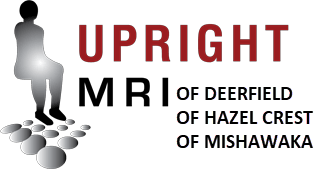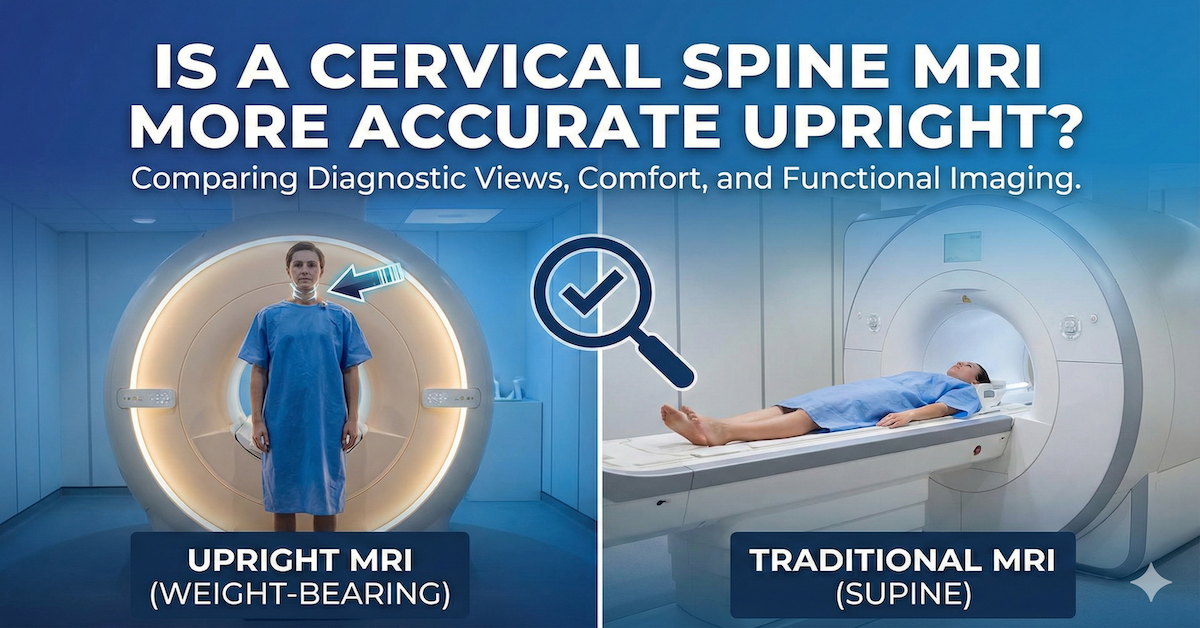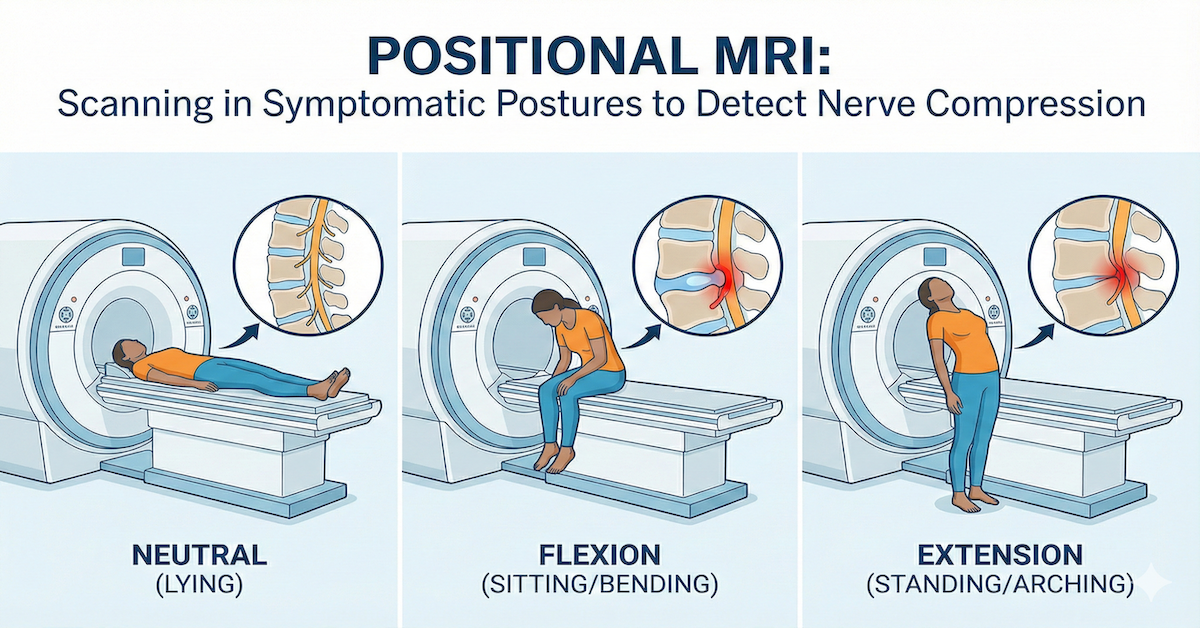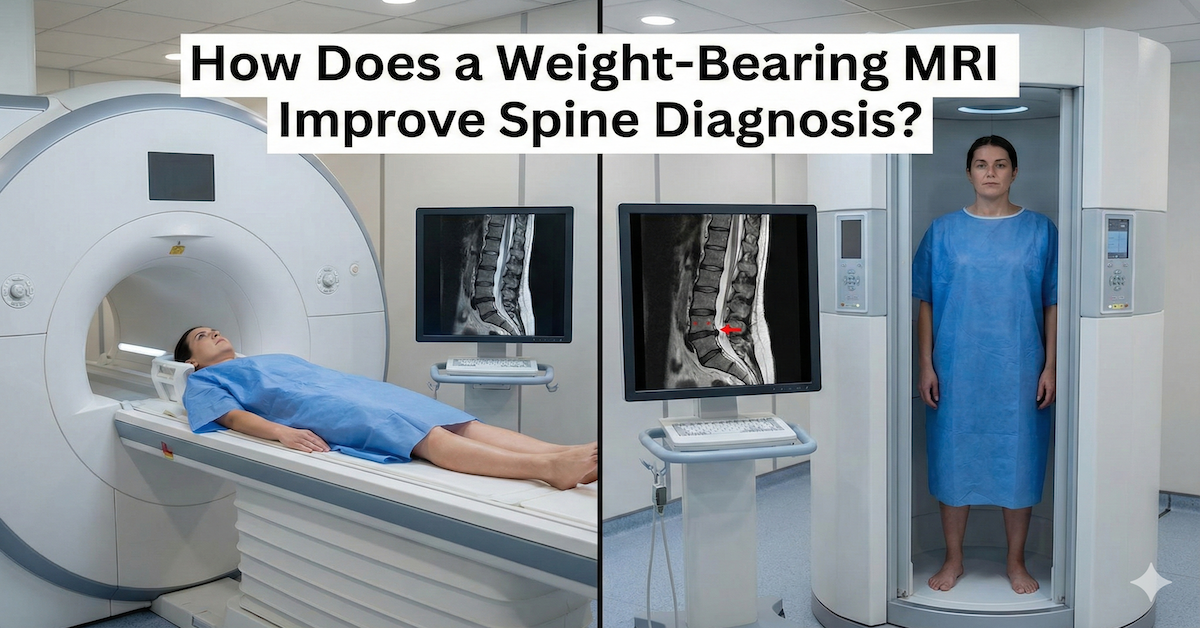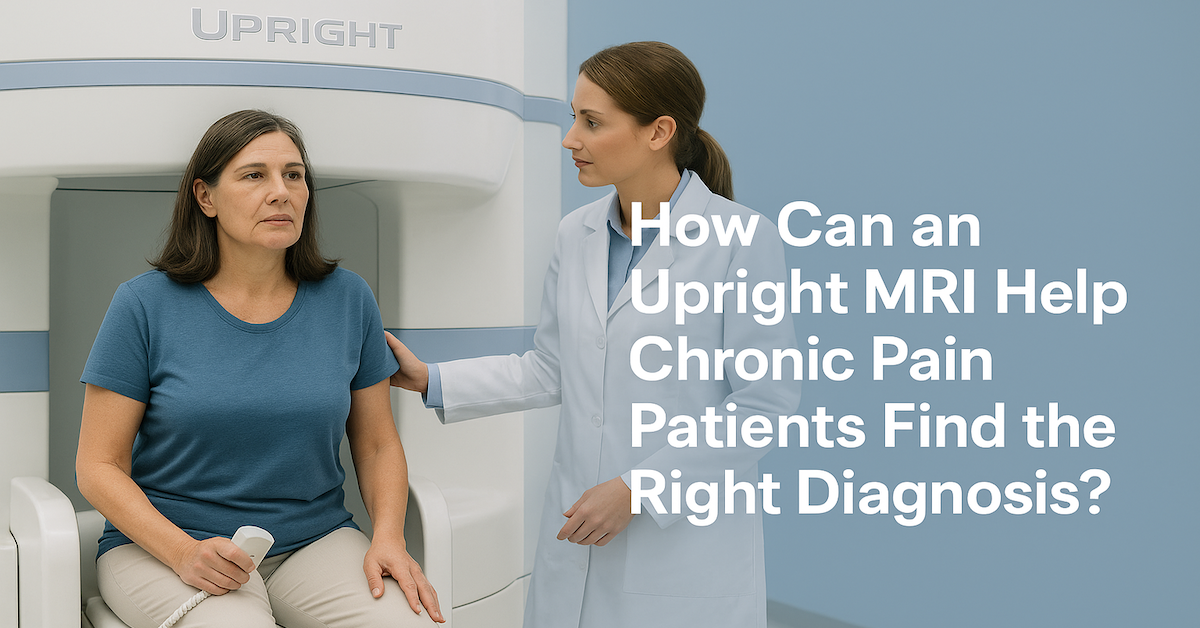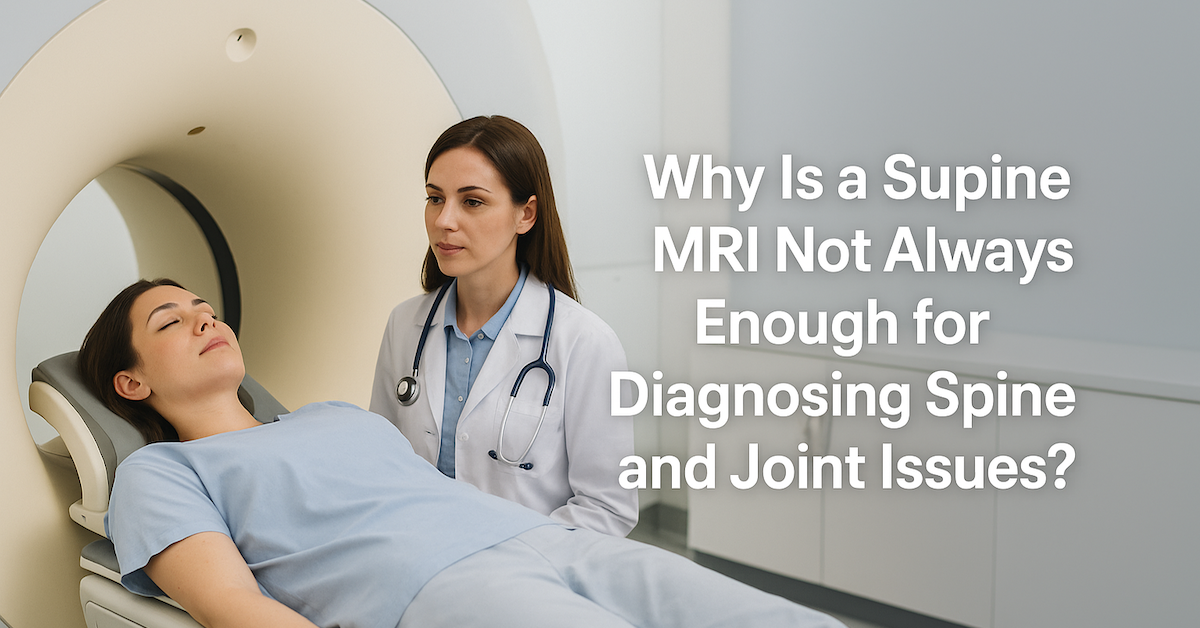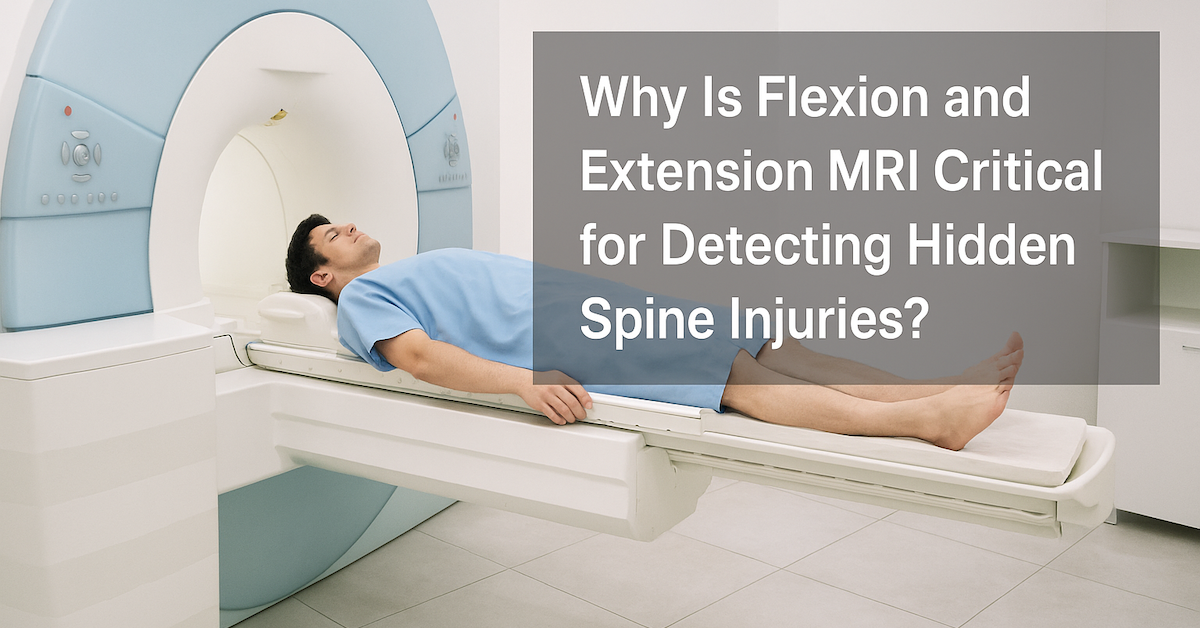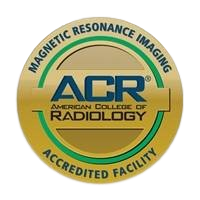5 Tips For Reducing MRI Claustrophobia
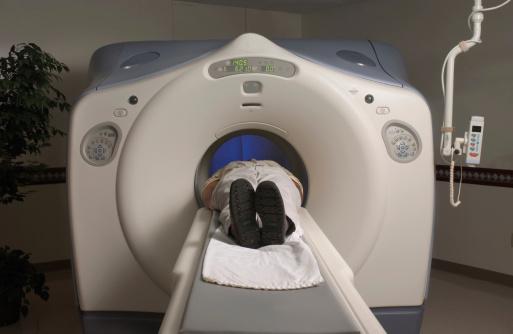
Up to
15% of people who undergo Magnetic Resonance Imaging (MRI) scans experience claustrophobia, or fear of being in small, enclosed spaces. For many, this can be a very anxiety-inducing experience.
If you're one of the many people who suffer from MRI claustrophobia, don't worry—you're not alone. Although it can be incredibly scary to be confined in such a small space, there are a few things you can do to help ease your anxiety and make the experience a little less daunting.
Here are five tips to help you make the most of your MRI experience:
1. Talk to your doctor beforehand
Prior to MRI exams, one of the best things you can do is talk to your doctor beforehand. They can explain the procedure in detail and help you understand what to expect. This way, you'll know exactly what's going on and won't be surprised by anything during the exam.
Discussing your concerns with your doctor prior to your MRI can put your mind at ease and help quell any fears or concerns that you may have about being enclosed in a small space.
In general, it’s important to let your doctor know if you have a history of anxiety or claustrophobia so that they can tailor the MRI experience to best suit your needs.

Remember that your doctor is there to help you feel more comfortable and ensure your safety throughout the MRI process. Trusting their expertise can help reduce your anxiety and make the experience more bearable.
2. Arrive early
Arriving early for your MRI appointment gives you the chance to get comfortable with the space, which can help you feel more relaxed before the scan begins.
This extra time also gives you the opportunity to ask any last-minute questions and address any concerns that you may have about the procedure. It’s important to note that most MRI facilities are used to working with patients who experience Claustrophobia and can offer guidance on how best to manage it.
3. Ask for a sedative
A sedative can help reduce MRI Claustrophobia because it can help calm your nerves down and make you feel more relaxed. This in turn can help to lessen any anxiety or fear that may be associated with the MRI procedure, allowing you to feel more comfortable during the process.

Since a sedative helps to relax the mind and body, it makes it easier to remain still during the MRI scan, which is important for obtaining accurate results.
If you're considering using a sedative for your MRI, be sure to talk to your doctor first to see if it's a good option for you. While sedatives may not be right for everyone, they can be a helpful tool in overcoming Claustrophobia.
4. Focus on your breathing
When you're anxious, your breathing becomes shallow and rapid. This type of breathing does not bring enough oxygen to the body or brain. It can also send a signal to the brain that causes more anxiety.
Focusing on deep, slow breathing can help to reverse these effects. It sends a signal to the brain that everything is okay and helps to calm down the nervous system.
So if you start to feel anxious, take a few deep breaths and focus on your breathing. Repeat a few times until you feel more relaxed. This will help ease any claustrophobic feelings you're experiencing.
5. Wear headphones
Once you're in the MRI machine, headphones are a great way to distract yourself from your surroundings.
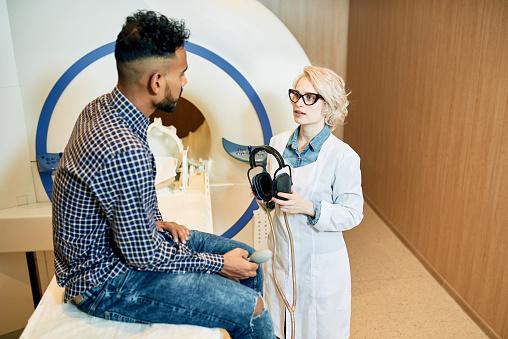
Headphones are important for reducing MRI Claustrophobia because they help to block out the noise of the machine and create a sense of privacy. This noise can often be unsettling so wearing headphones and listening to music can minimize these loud banging sounds and reduce your MRI anxiety.
Overall, Wearing headphones during the procedure allows you to focus on something else and helps take your mind off of the fact that you're in a small space, making your experience much more comfortable.
Consider getting an Upright MRI
An
Upright MRI is a great option for those who suffer with claustrophobia because it’s an open MRI scanner. This means that there is no metal cylinder enclosing the machine, which can trigger feelings of anxiety and claustrophobia in some people.
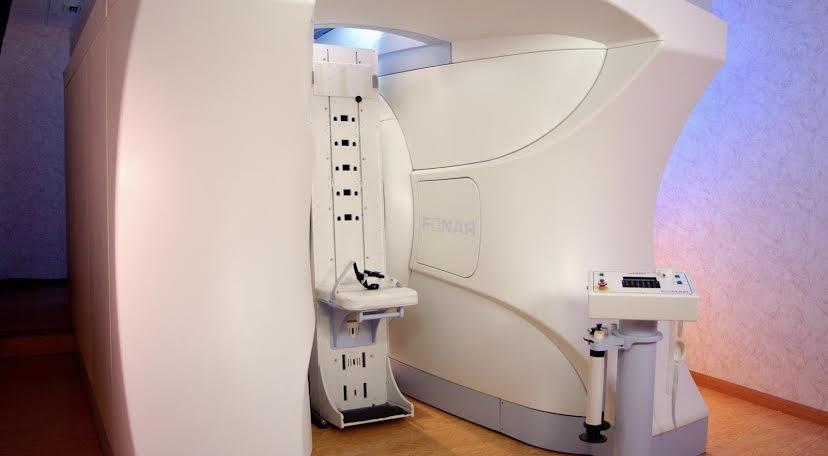
The open MRI machine is also much quieter than a traditional MRI scanner, which can be another source of comfort for patients who experience claustrophobia.
This can make a big difference for these types of patients who may not be able to tolerate a traditional MRI.
Book an appointment with us today
MRI claustrophobia doesn't have to keep you from getting the medical care you need. If you're feeling anxious about your upcoming appointment, or if you've had a bad experience in the past, follow these 5 tips for reducing your anxiety.
At Upright MRI of Deerfield, our open-air design will make your experience more comfortable, allowing you to relax and get the answers you need without feeling trapped.
To learn more about Upright MRI of Deerfield,
visit our website and schedule an appointment with us today.
SHARE THIS POST:
Leave a Comment:
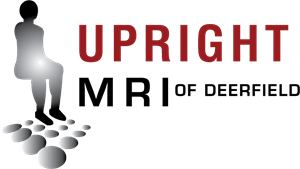
The World's Most Patient-Friendly MRI. A comfortable, stress-free, and completely reliable MRI scan. We offer patients an open, upright, standup MRI experience that helps those who are claustrophobic and stress being in a confined area. Upright MRI of Deerfield is recognized as the world leader in open MRI innovation,
Our Recent Post
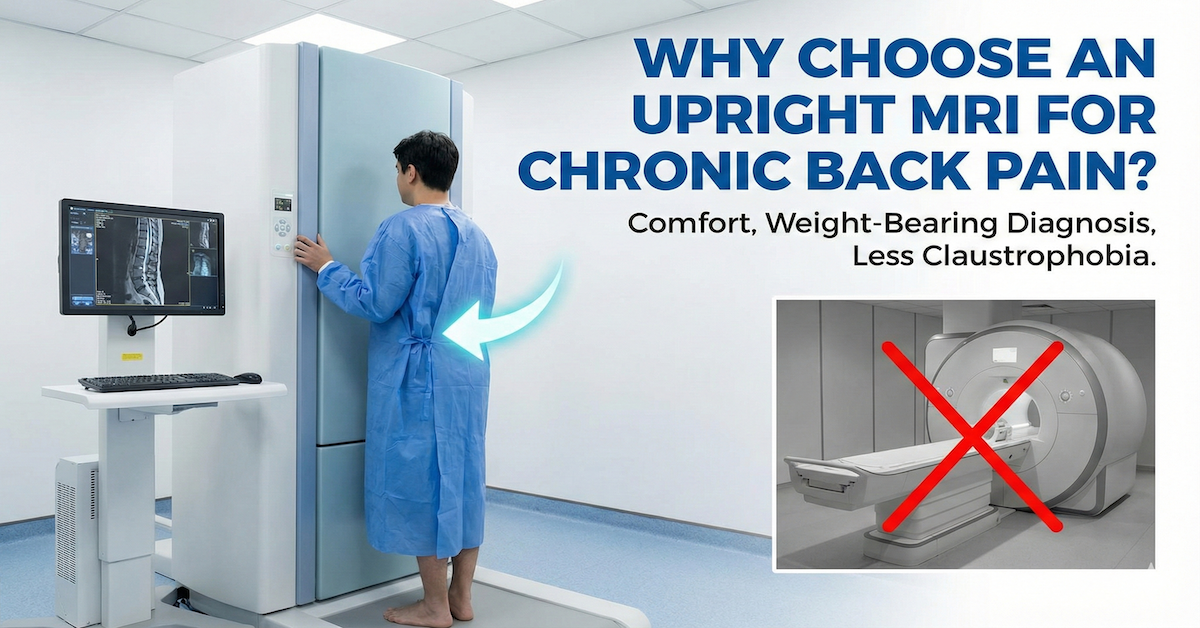
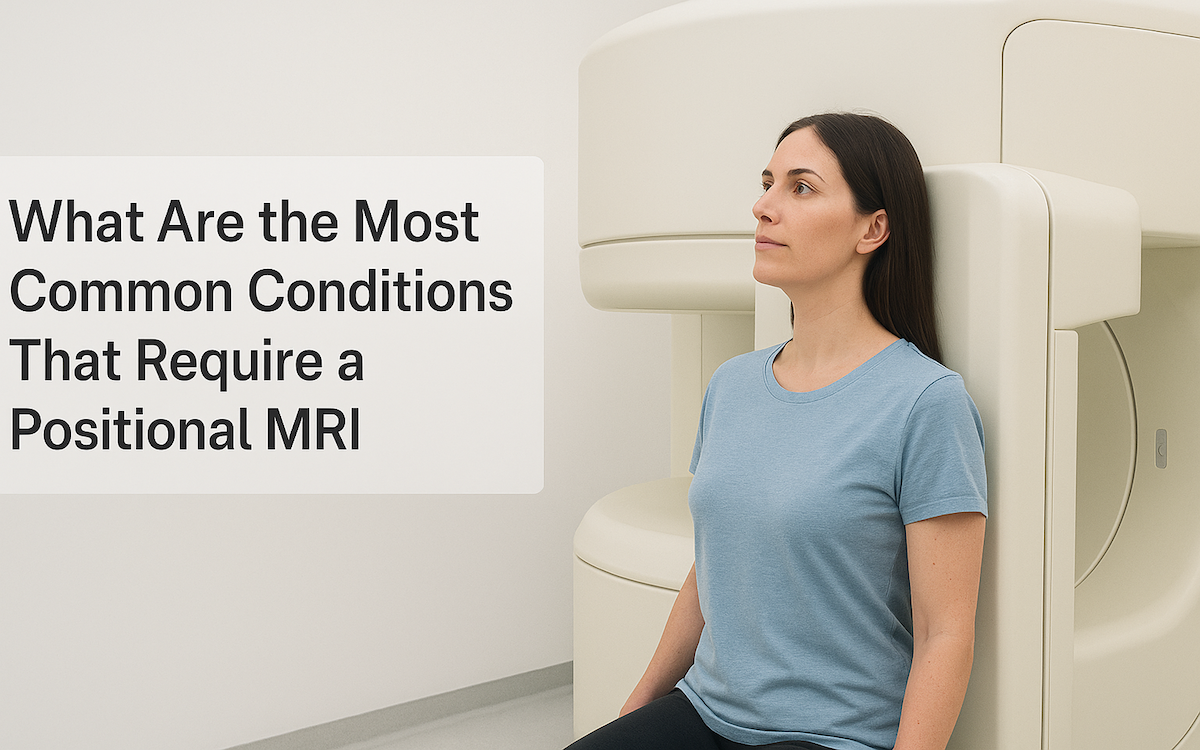
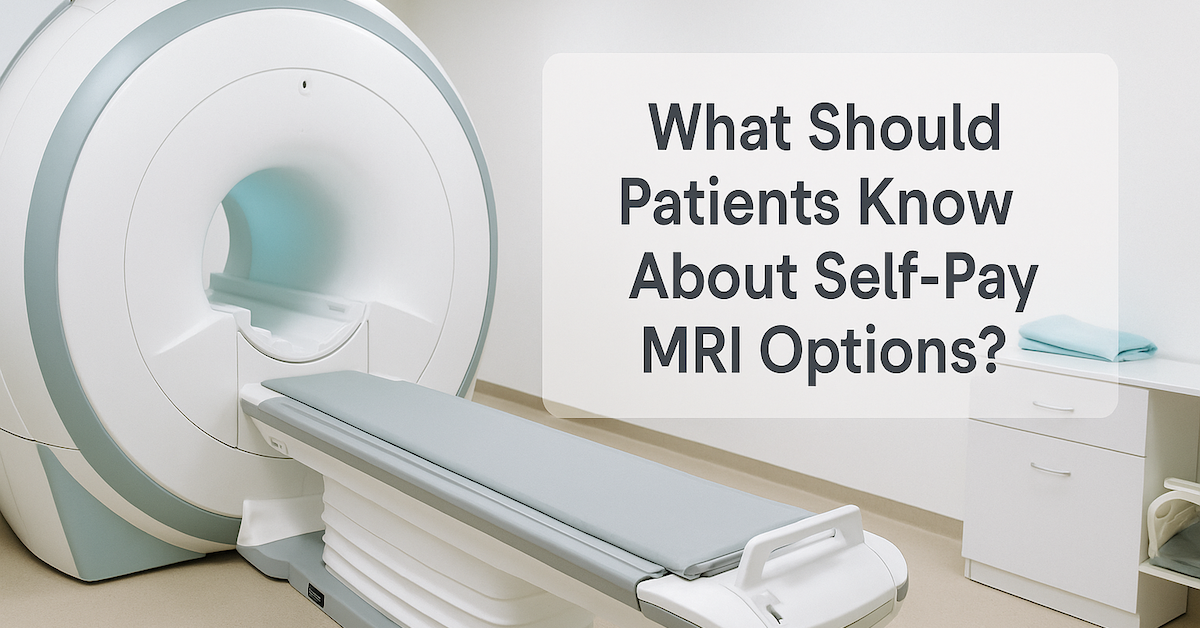
READ PATIENT TESTIMONIALS
Upright MRI of Deerfield.
Susan D.,
Highland Park, 39
I am going to tell everyone about your office! This was a great experience after I panicked in other MRI machines and had to leave. Thank you so much.

Judith B.,
Milwaukee, 61
I suffer from vertigo and other MRIs do not work. This was wonderful…absolutely NO discomfort at all. The MRI was so fast…I wanted to stay and watch the movie! Mumtaz was great. His humor really put me at ease. I’ve already recommended Upright MRI to friends.

Delores P.,
Glencoe, 55
Everything is so nice and professional with your place. I have been there a couple of times. My husband and I would not go anywhere else.

